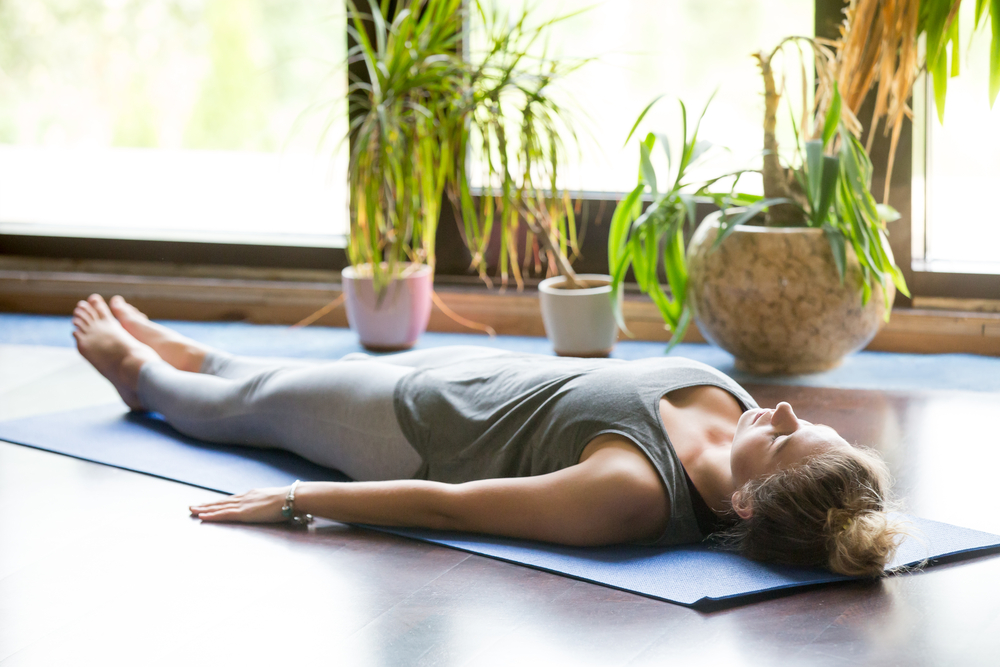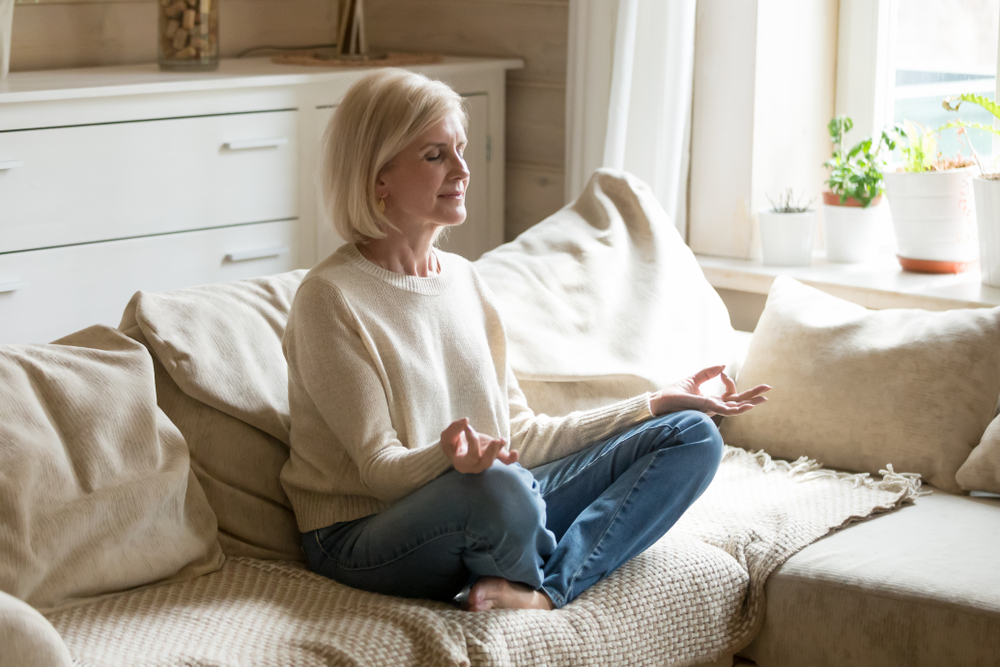Stress and anxiety can affect us all at some point. But there are some lifestyle tips and supportive supplements that can help reduce your symptoms and help you to feel more relaxed.
This National Stress Awareness Month, editor Jane Garton goes in search of some simple ways to bring some calm.
Stay in the now

You can’t change the past and you can’t foretell the future so staying firmly in the here and now is the best place to be. It can be hard to stop negative thoughts creeping in but if they do the secret is to acknowledge them and let them go as soon as you can.
Be social

Socialising with others has multiple benefits for mental health and lowering stress levels. Whether it’s a sport, enrolling in a craft course or volunteering, activities like these give meaning and purpose to life as well as making us more confident and content.
Talk about it

Feeling stressed? Talk about it with friends, family or colleagues to help end the stigma so often attached to what is a very common emotion. There is plenty of truth in the age-old saying: a problem shared is a problem halved.
Make time to relax

Do the following simple exercise every morning and night or during the day if you start to feel stressed. Tense and relax all the muscle groups in turn. Start with your feet and work your way up your legs, buttocks, lower back, spine arms, chest and abdomen, finishing with the muscles in your neck and head. Focus on the different sensation between tension and relaxation until you become aware of it.
Try meditation

Mindfulness meditation can help you keep a handle on stress but different types of meditation work for different people, so it’s worth having a look around – you can find lots of guided meditations on YouTube. Try starting your day with 10 minutes of meditation – it can give you a sense of peace and calm before the day kicks in.
Embrace nature

Countless studies show spending time in green spaces is one of the best calming steps you can take. It could be as simple as a stroll in a local park or woodland. Time in blue spaces – bodies of water – has also been found to help reduce stress.
Watch your diet

Caffeine, alcohol, and sugary foods may seem to help boost your mood in the short term, but the effects won’t last long and can aggravate stress symptoms which among other things can interfere with sleep. Instead, aim for a healthy, balanced diet, with plenty of fresh fruit and veg – and don’t forget to stay hydrated.
Supplement it
Several herbal remedies have amazing calming properties.
Siberian ginseng
Ginseng belongs to a group of herbs known as adaptogens that are thought to help the body cope with the stress of physical exertion, sleep deprivation, infections, psychological upsets and more.
Rhodiola rosea
Rhodiola can help common symptoms of stress such as poor concentration, lack of motivation, sleeplessness and depression.
Passionflower and Valerian
Passionflower and valerian belong to a group of herbs known as relaxants that both do just as their name implies. Passionflower has long been valued for its calming, sedative properties and is especially good for taking the edge off anxiety and worry, as well as helping stress symptoms such as a racing heart. It is often combined with valerian, which is worth considering if your worries are keeping you awake at night.
























Add comment